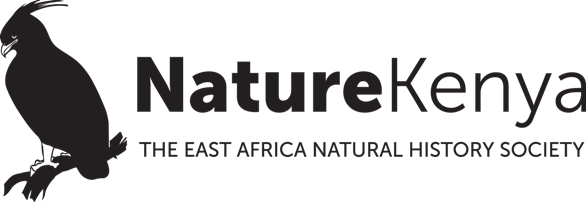Beekeeping has traditionally been considered a preserve for men in Kenya. Culture dictated that the laborious and dangerous honey harvesting process was not fit for women, particularly in a rural setting. However, the advent of modern beekeeping techniques and tools has seen more women venturing into commercial beekeeping. For Alice Kasika Mwiu it is also a tale of passion and determination, a personal mission to conserve the largest single block of indigenous coastal forest remaining in East Africa: The Arabuko-Sokoke Forest.

Alice, a resident of Matano Mane in Kilifi County, is a champion for the conservation of Arabuko-Sokoke Forest, for her livelihood depends on the forest’s existence. “This forest is a vital resource that provides livelihoods for people living adjacent to it. It provides us with bees for honey, wood for fuel, fresh air that we breathe and plants for medicine,” she says.
Without the forest, Alice adds, she wouldn’t be earning any living out of her hives, as it’s the forest that supplies flowers for the bees to feed on. In a good season her 200 hives are capable of producing more than two tonnes of honey, she says. Last year for instance, Alice harvested one hundred 20-litre containers of honey valued at more than two million shillings. In addition to honey, she also sold wax and other hive products. Out of proceeds from the sale of bee products, Alice has managed to build on her plot and also buy some cattle.
Alice’s beekeeping success story has seen her gain recognition as a model farmer and a source of inspiration to others. Hundreds of aspiring beekeepers flock to her farm to know more about bees and honey production. Alice has had visitors coming from as far as Nandi and other parts of the country to learn from her vast experience in beekeeping.
At Arabuko-Sokoke Forest, community-driven conservation projects such as beekeeping and butterfly farming were initiated to ensure that the people can draw a livelihood from this vital ecosystem without destroying it. One such initiative is “The People Partner with Nature Program” developed by BirdLife Denmark (DOF) together with three BirdLife partners: Nature Kenya, Nature Uganda and Bird Conservation Nepal. This program is supporting 50 beekeeping groups and 26 butterfly farming groups neighbouring Arabuko-Sokoke Forest.

The success of such initiatives is testimony to how improving livelihoods can go hand in hand with conservation. “People here now appreciate the value of preserving this important forest as there are direct benefits linked to its conservation. Arabuko–Sokoke is our forest and it is our duty to protect it,” says Alice who is also a member of the Arabuko-Sokoke Forest Adjacent Dwellers Association (ASFADA), which is the forest’s Site Support Group (SSG).
“Getting people to embrace conservation has its own challenges, but with increased awareness communities can be mobilized to take action. Some years back people would walk into the forest, cut trees and get away with it. Nowadays community members are vigilant, any illegal activity spotted is immediately reported to the authorities,” concludes Alice.
